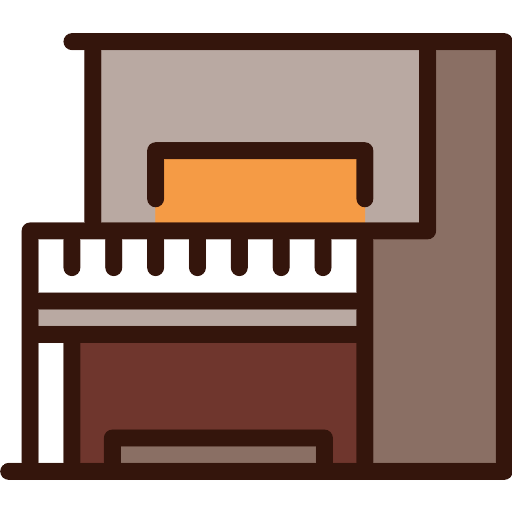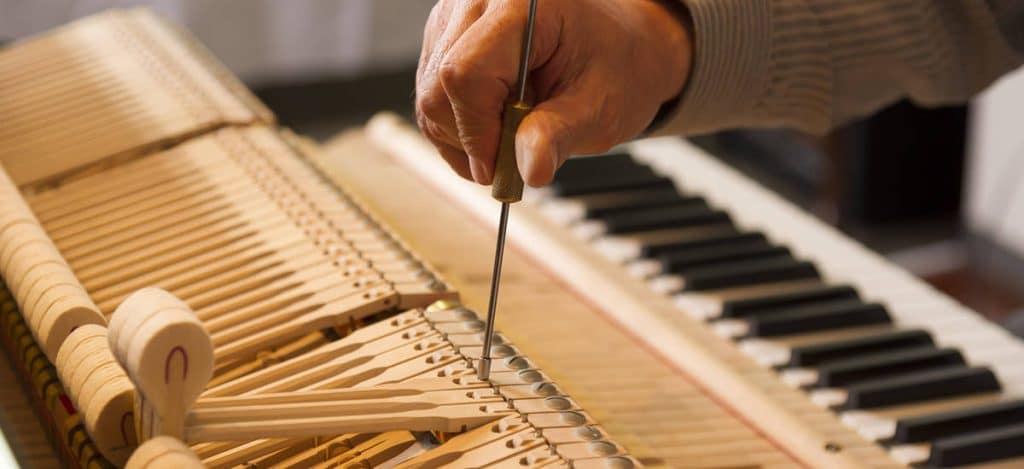Services

Piano Tuning price
The art of adjusting the tension of the strings in your piano to create proper harmony and stability. Having your piano tuned regularly will ensure it sounds great year round for Upright, Baby grand, Console piano. The Cost 140$ depends on piano condition

Repairs and Regulation
We offers affordable and reliable piano services in Toronto and GTA, Sticking keys, dead notes, clicking, squeaking, action regulation, No problem, Vesta Piano will take care of your piano. The cost start from 30$ or 80$ per hour

Consulting guide
If you need help finding a good used piano, or just need some friendly advice, we would be happy to help! Inspection for buying piano. If you interested to buy a piano we will help you and check the piano for any technical issue, Price 120$

We offer piano tuning services and repair in The Following Areas:
Piano tuner in Richmond Hill, Markham, Etobicoke, North York, Scarborough, Toronto, Mississauga, Brampton, New Market, Aurora, King, Pickering, Vaughan, and more
What is the pitch raising?
Piano pitch raising is a process that involves adjusting the pitch of a piano’s strings to ensure that they are in tune with each other and with standard pitch. It’s a crucial step in piano maintenance that can restore your piano’s tonal balance, improve its playability, and enhance your overall musical experience. In this article, we will explore the ins and outs of piano pitch raising, including its benefits, dos and don’ts, pros and cons, frequently asked questions, and more.
A piano is a complex instrument with thousands of components working together to produce its rich and resonant sound. However, due to various factors such as changes in temperature, humidity, and wear and tear, a piano’s pitch can drift over time, causing it to sound out of tune. This is where piano pitch raising comes into play. Let’s delve into why piano pitch raising is so important for every piano owner.

One of the primary benefits of piano pitch raising is that it restores the tonality and harmonic balance of a piano. When a piano’s pitch is out of tune, the notes may clash, producing a dissonant and unpleasant sound. This can greatly affect the quality of your piano playing, making it difficult to play in tune and produce a musically satisfying performance. By raising the pitch of the strings to their proper tension, piano pitch raising can bring the notes back into harmony, allowing you to play with precision, expressiveness, and musicality.
Enhances Playability and Performance
Playing an out-of-tune piano can be frustrating and challenging. It requires extra effort to compensate for the tuning discrepancies, resulting in a less enjoyable playing experience. However, with a properly tuned piano, you can play with ease, confidence, and control. Piano pitch raising can enhance the playability of your piano by ensuring that each note responds accurately to your touch, producing a clear, even, and resonant sound. This can greatly improve your overall piano performance and allow you to fully explore the expressive capabilities of your instrument.
If your piano didn’t have a regular tuning schedule or it hasn’t been tuned in a very long time it can be much harder to get it back in tune at Concert Pitch A-440.
Tuning performed prior to a regular tuning. Also known as a “pitch correction” or a “pre-tuning”, this procedure is often associated with the term “double-tuning”. A pitch raise changes the overall tension on your piano’s structure, up to 22 Tonnes!! the individual strings so that a fine tuning will hold its stability.
Piano Regulation:
Piano tuning is the essential service that must be performed to ensure that your piano instrument continues to play and sound as intended. And even if you don’t play your piano regularly, tuning will help preserve it for future playing
Regulation is the adjustment of all the mechanical components that make up the piano’s action. There are several points of adjustment – around two dozen per note on uprights, and three dozen on grands.
Regulation being a little out is expected and acceptable with a used piano, but if it’s quite off, it will require several hours to correct. In severe cases, multiple visits are required as extreme changes will need playing time to settle and be readjusted.
From one end of the keyboard, sight along the tops of the keys; they should be level, and not crooked. The naturals should depress about 3/8″, perhaps an additional 1/16″ or shade more. Measure from the top front edge of the depressed key to the same on the adjacent key. Sharps will depress slightly more, as these keys are shorter. Next, one at a time, gently try to wiggle a few keys from side to side.
There should be very little play, almost none is ideal – but remember that if this is not a new piano, there will likely be some play. Now try fast repetitions on a single key. It should be able to keep up, but technique will play a role here. Do this on several different keys. Use fingers of both hands if you need to. The inability to produce fast repetitions by a good quality piano is likely due to the all too common dire need for regulation

Our Location
Richmond Hill, ON, Canada
Opening Hours
Monday – Friday
8:00 AM – 19:00 PM
Saturday – Sunday
8:00 AM – 15:00 PM

